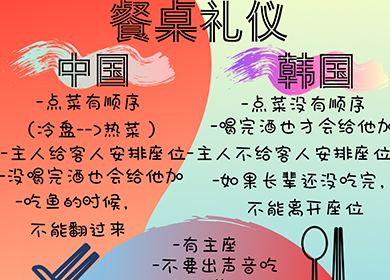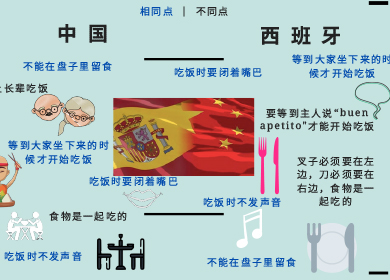Go Back
News
News
Learning Chinese, the eLearning Way
News
06 Mar, 2020
10 : 00
Promoting and prioritizing bilingualism and language learning continues at the Yew Chung International School of Beijing. During this period of virtual learning, Chinese language lessons have continued consistently for all skills levels and grades with the collaborative commitment from teachers and students. The subject framework has not changed principally, however, modifications appropriate for eLearning have been put in place.
The online lessons which are held every day for 30 minutes per lesson continue to incorporate all aspects of language learning such as reading, writing and speaking. Dr Rae Wang explained that “Our school does not want to replicate offline learning and limit how teachers conduct eLessons. We want to enlarge and maximize learning, by also incorporating classic reading and classic poetry” she added. An example is the 24 Solar terms which are an important aspect of Chinese learning and are used by our teachers to give a feel of the world around us to students, while learning virtually.
“For both CAL (Chinese as an Additional Language) and CFL (Chinese as First Language) lessons, we have a daily plan, weekly plan and bi-weekly plan which we incorporate into learning and ensure that it connects to the framework.” In addition to that, it has also been crucial that Chinese is not only treated as just a language to learn, but also as a way of life for learners, by having them relate it to the environment around them such as through learning about wellbeing. An example of this is Year 7 – 9 students (with the direction from Miss Amy Zhang, Secondary Chinese Coordinator) who displayed this through creating a Survival Memo for a Western teacher in Chinese.
Another example for younger learners is how Year 3 Chinese teacher, Sherry Xian and her students are creating a picture and writing diary. Miss Xian provided a chance for her students to read it out in front of their peers during a live session, which has inspired students to take it very seriously – something that has become part of their motivation to attend eLesson well.
Like other educational professionals who have had to adjust their ways of teaching to meet online standards, Chinese teachers at YCIS-Beijing have followed suite based on the students’ year group, the number per lesson, how much teacher-students interaction they will incorporate during each lesson and what resources allow them to do.
Some of the resources which have been of great help to teachers include the YCIS Education Foundation endorsed i-Learning platform, which Dr. Rae considers a vital resource at the moment. “The content [taught] was from textbooks, but it is not limited to that. All the learning activities were well-designed and are easy for teachers to conduct, and for children to use.”
Additional resources include Ximalaya, the audio sharing app, the WeRead app (especially useful for secondary students) and an array of picture books for lower primary an younger learners.
Online learning has seen teachers go above and beyond to ensure learning continues as seamlessly as possible for their students, something that has gone without notice by our Senior Leadership Team at large. Dr. Wang emphasized how grateful she is for their continued efforts and the importance of teamwork. “As a school no matter how much we want to do eLearning, we cannot do it without our teachers. It is a challenge as they are not only getting acclimatized to eLearning but they are always trying very hard to reflect upon and improve their practices.”
As eLearning continues, have a look at how students can improve their Chinese language skills through these tips.












